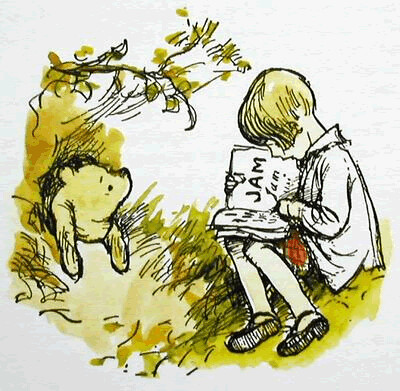Or, Things I really like about Aotearoa New Zealand
Now, those of you who know me are going to try to say that this is just me soap-boxing for energy efficiency. But those of you who know my family may recall that my mother has spent the majority of my lifetime lobbying for nice clotheslines. (I am happy to report, before I continue with the story of this particular clothesline, that my mother now has a very smart fold-out clothesline with a lovely view of its own.*) While it is true that this clothesline, the technology upon which I am currently drying my laundry and airing my bedding, has perhaps the best view of any clothesline I have ever seen,** what got me thinking about practices in place, or specifically place-based practices, was the way that the clothesline was introduced to me.
When we first set up house earlier this month for our writing and research sojourn here in Dunedin, our host warily explained, with fond gestures toward the line, that although they do have a clothes dryer, they don’t really use it. When we replied that we, also, had a clothes dryer but preferred to dry out clothes outside (although this sometimes means contending with frozen clothes in the winter), she seemed visibly relieved, and truncated what was clearly meant to be the foundation for a polite but thorough suggestion about the different ways of doing things here (i.e. more efficiently, with more reliance on a wee bit of effort, and less concession to convenience)—an explanation evidently set up against the expectation that we would be unfamiliar with how to do things in the sensible and orderly way.
If this was just a one-off thing, I might not have thought about it from a narrative perspective. But I have been met repeatedly with surprise that am able to carry out everyday skills with basic competence. Clearly, narratives attached to Americans, and perhaps also to academics, suggest we live high-consumption, low-skill lives, perhaps because we are not expected to be good with the physical world. (Our all-day writing also prompts some comments about real work.) But being able to balk these narratives opens up the possibility of being able to view much more explicitly some of the dangerous costs of delegitimazing certain kinds of practices we label as work.
In addition to the most crucial dynamic of being responsible for the work we rely on, rather than putting this labor into the hands of people we are not willing to pay well to do work we don’t want to have to think about, being able to engage with a range of everyday technologies in different places provides access to a realm of meaning making that is easily habituated into invisibility in our home environments. Without romanticizing (tasks such as clotheswashing ARE much easier when mechanized, and this is part of the promise of geographic and gender equity modernity has not delivered), I recognize that when I am able to wash and dry and mend my clothes, or procure and prepare food in different kinds of ways with different tools, I must tell myself more thorough stories about what I am doing, and how, and why. And having gained access to this story layer behind the veil of automaticity, I can take home this relationship with the practices that get me through my day, and my more richly experienced stories of them.
* And the beehives are moving down the generations to me and my brother, in part as a concession to their yellow-spotting interference with laundry hanging.
** You are here looking across Andersons Bay and the Musselburgh Rise toward the downtown and suburbs of Dunedin



